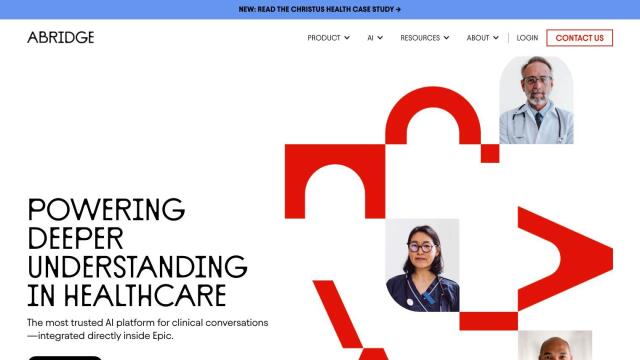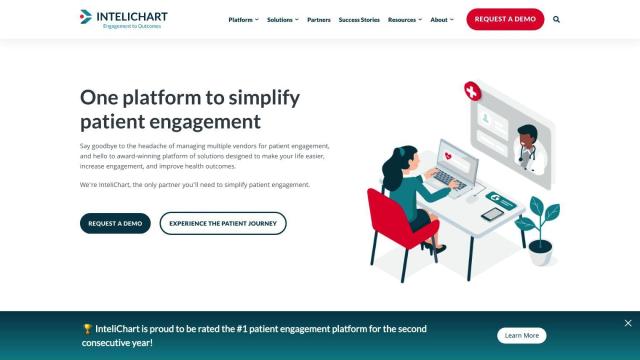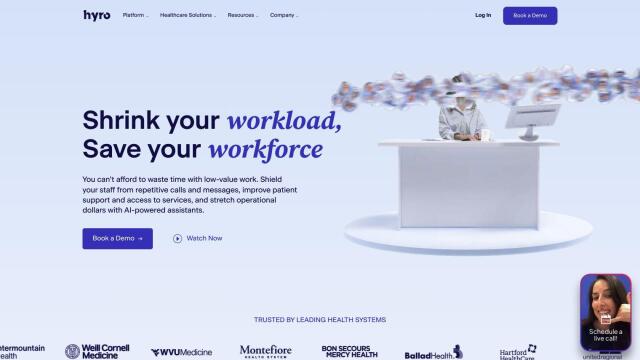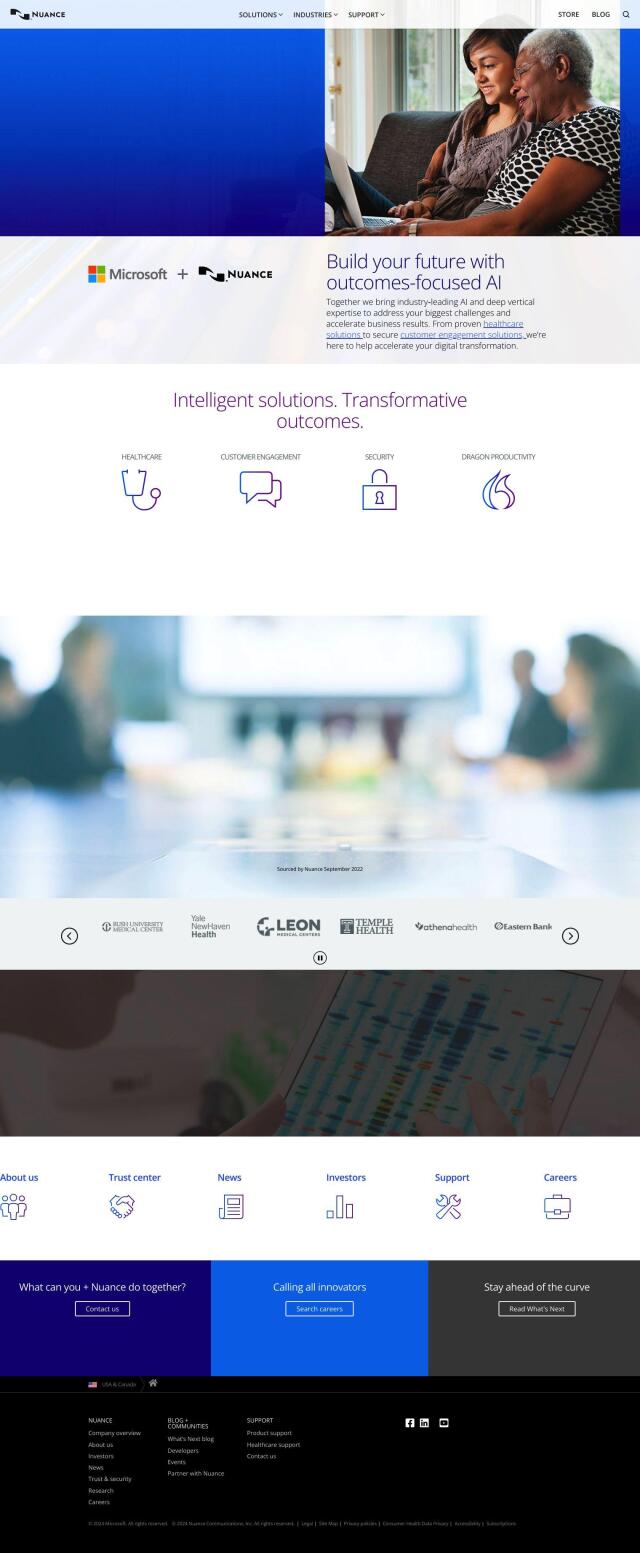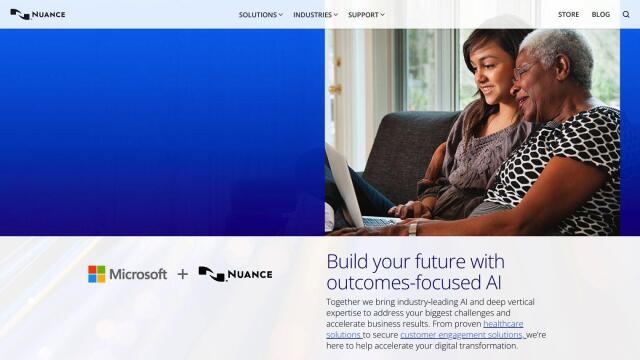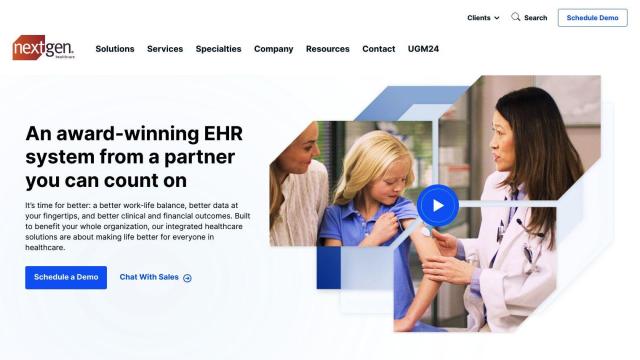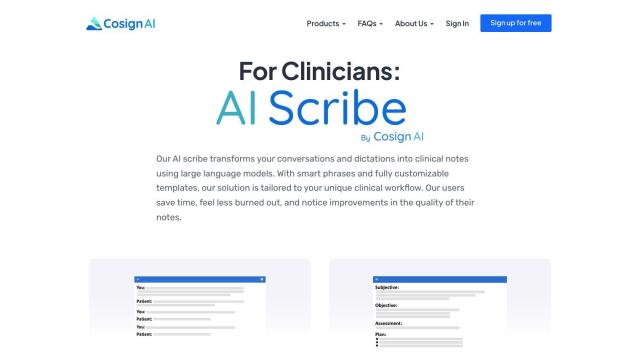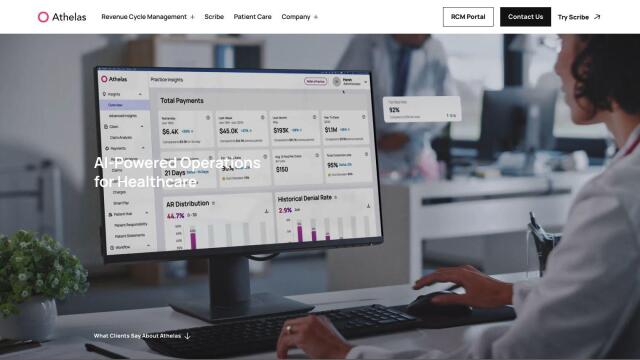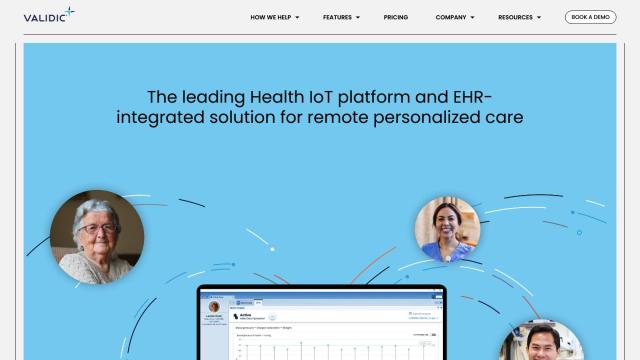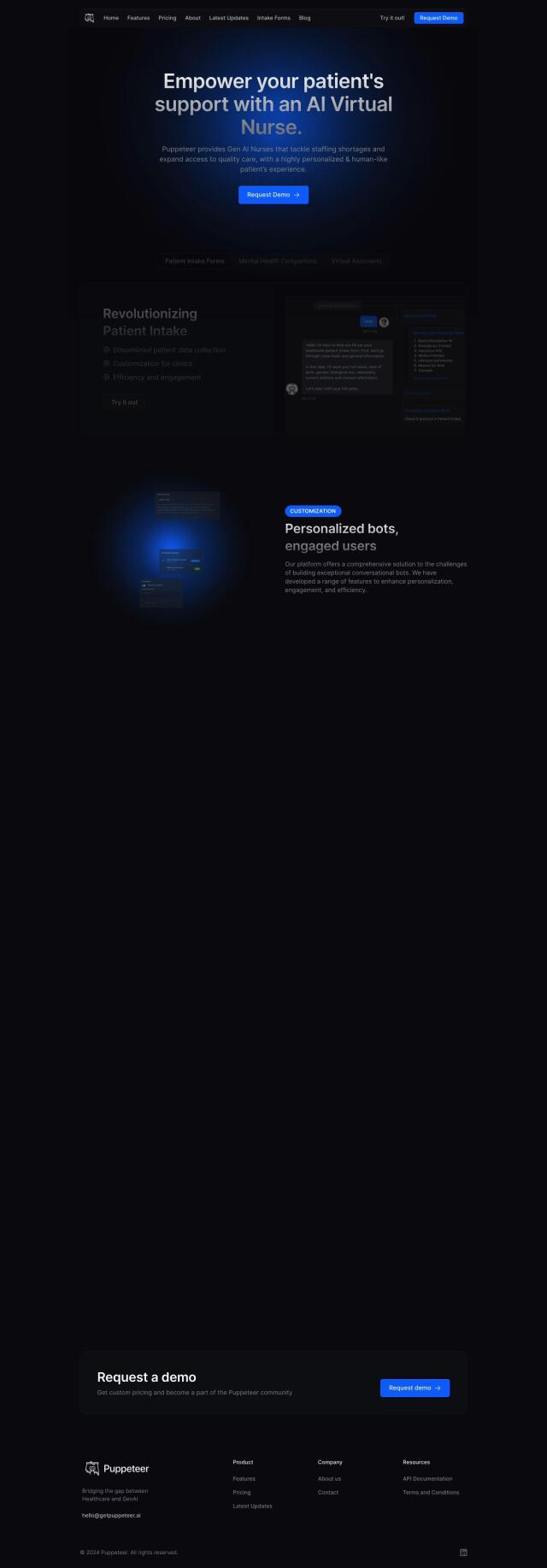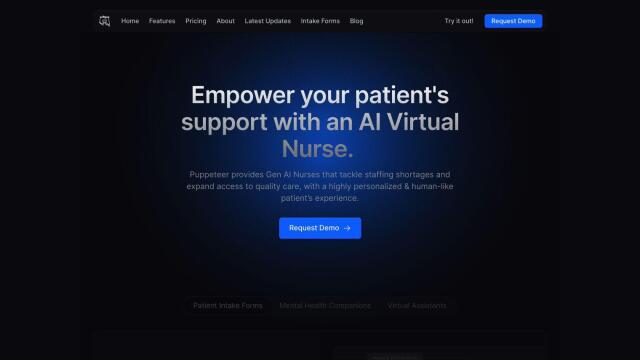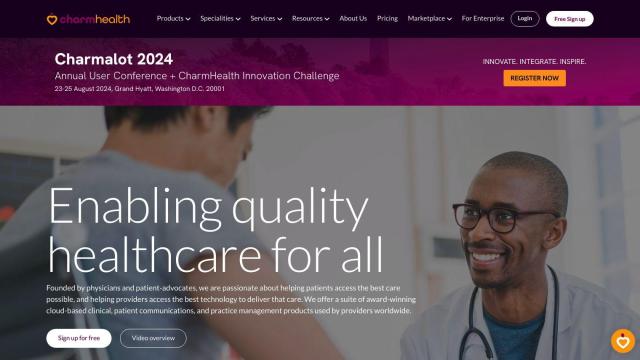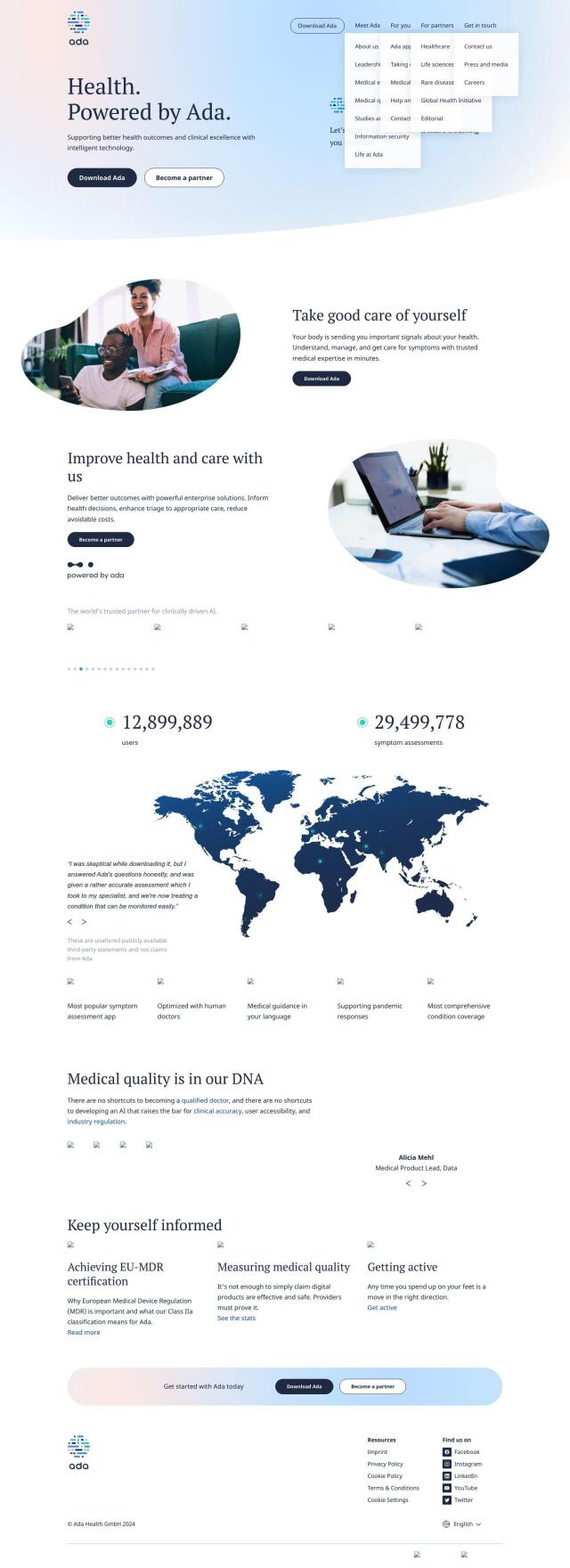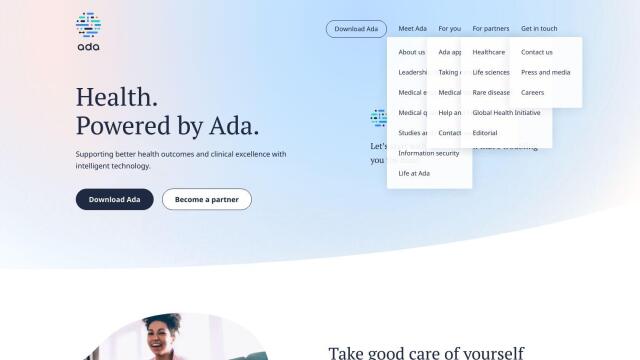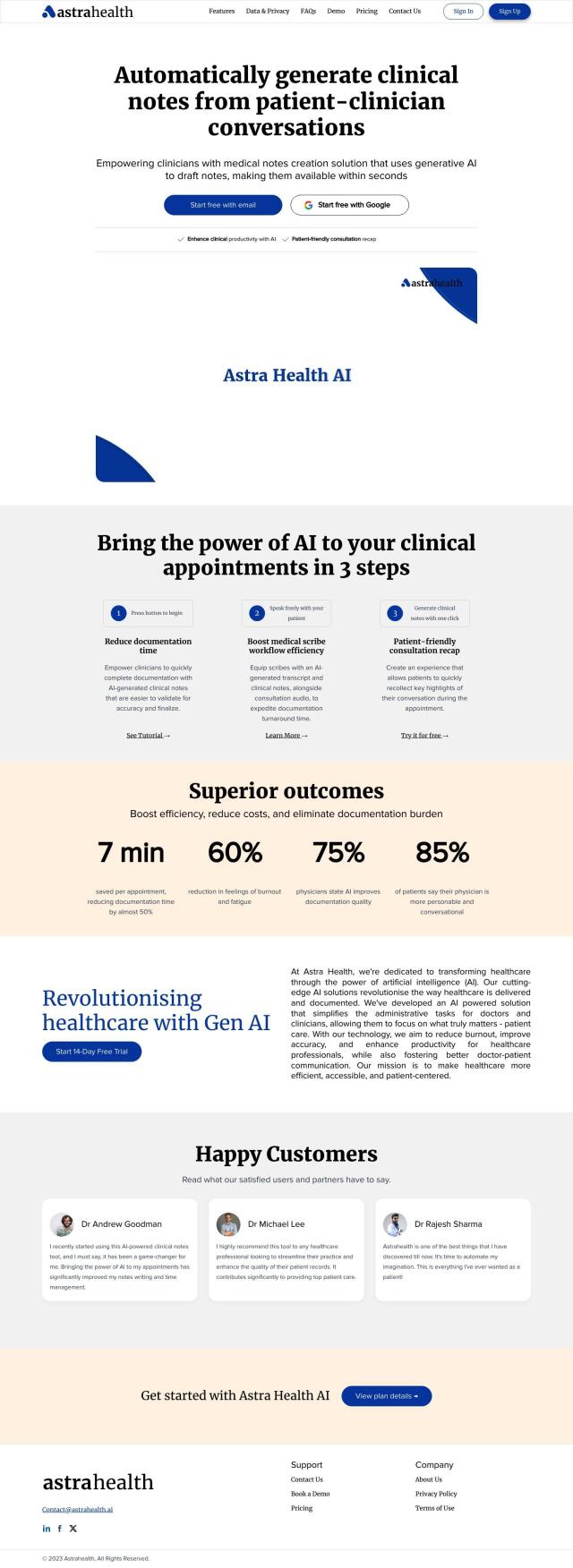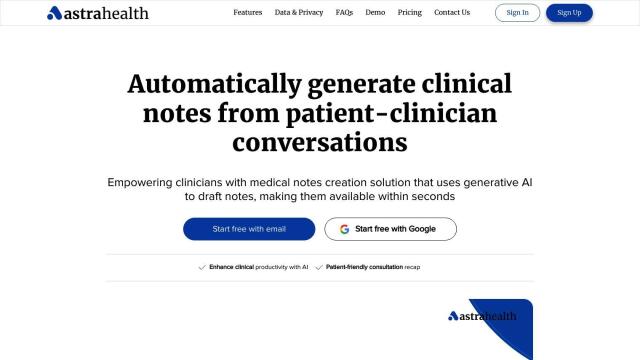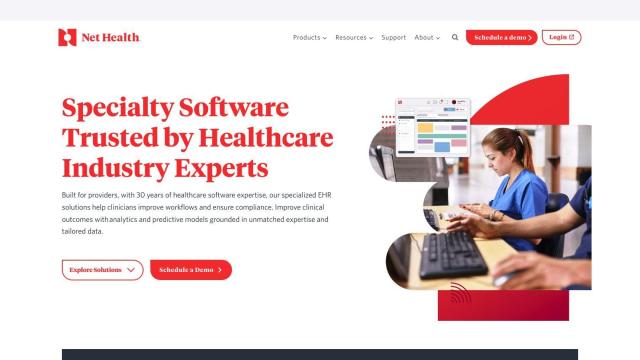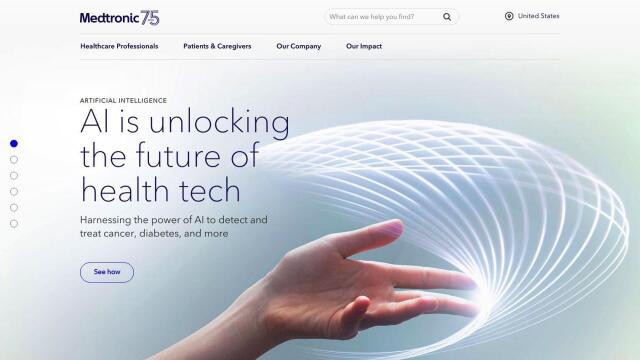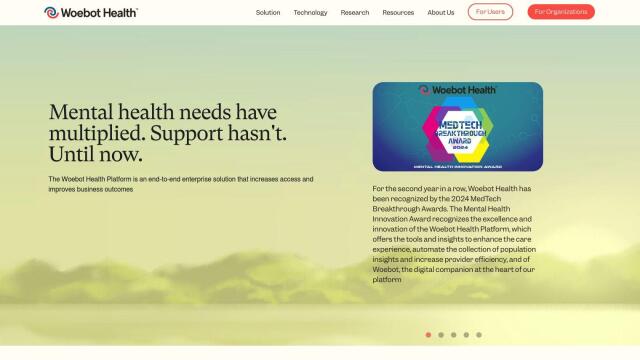Question: I'm looking for a solution that uses AI to improve patient engagement and streamline medical practices.

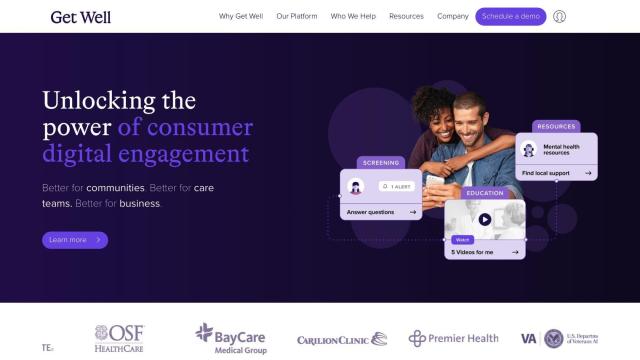
Get Well
If you're looking for a broad-based solution to boost patient engagement and automate medical operations with AI, Get Well is a good option. The platform uses AI to personalize care experiences across the patient journey, with tools for patient activation, care navigation and health equity. That includes virtual care plans, automated appointment scheduling and smart triage. Get Well can be integrated with existing EHR systems and works in many health care settings, and the company hopes it'll help lead a shift in health care toward a more consumer-centric approach.

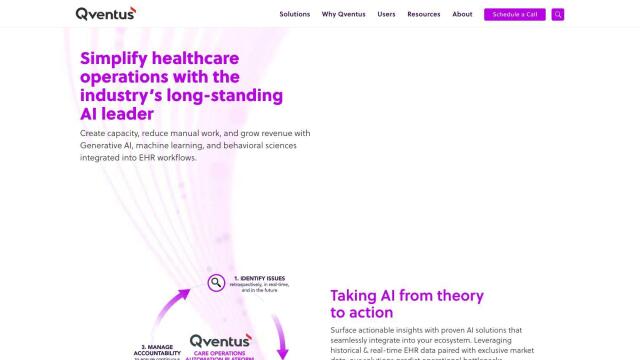
Qventus
Another contender is Qventus, which seeks to optimize patient flow and operations with AI and machine learning. By automating tasks within EHR workflows, Qventus can help optimize surgical scheduling, discharge planning and other operations. The company's platform works with multiple EHR systems and has shown improvements in operations, freeing up capacity and reducing manual work.

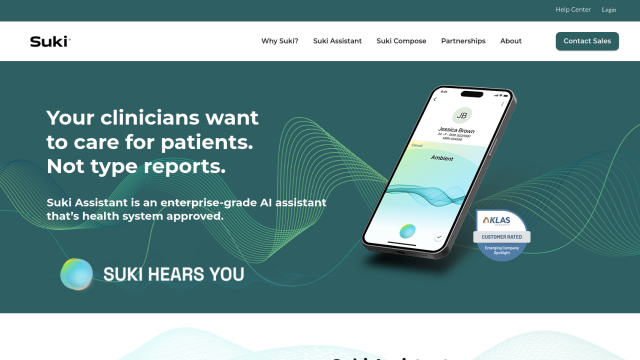
Suki
If you're looking for a way to automate some of the administrative tasks that bog down health care providers, Suki offers an AI-powered voice assistant designed to let doctors and other clinicians focus on patients. Suki automates tasks like note generation, dictation and code suggestions, and it's deeply integrated with big EHR systems like Epic, Cerner and Athena. That can mean big cost savings and productivity improvements, and ultimately better physician satisfaction and retention.

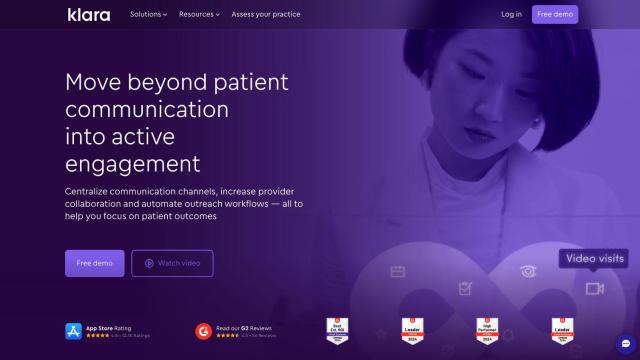
Klara
Klara is another patient engagement tool that consolidates communication channels and helps health care providers work together. It automates outreach workflows with personalized reminders and instructions, and it's HIPAA compliant. Klara works with multiple EHR systems, so it's a good option for reducing phone calls and improving the patient experience.

